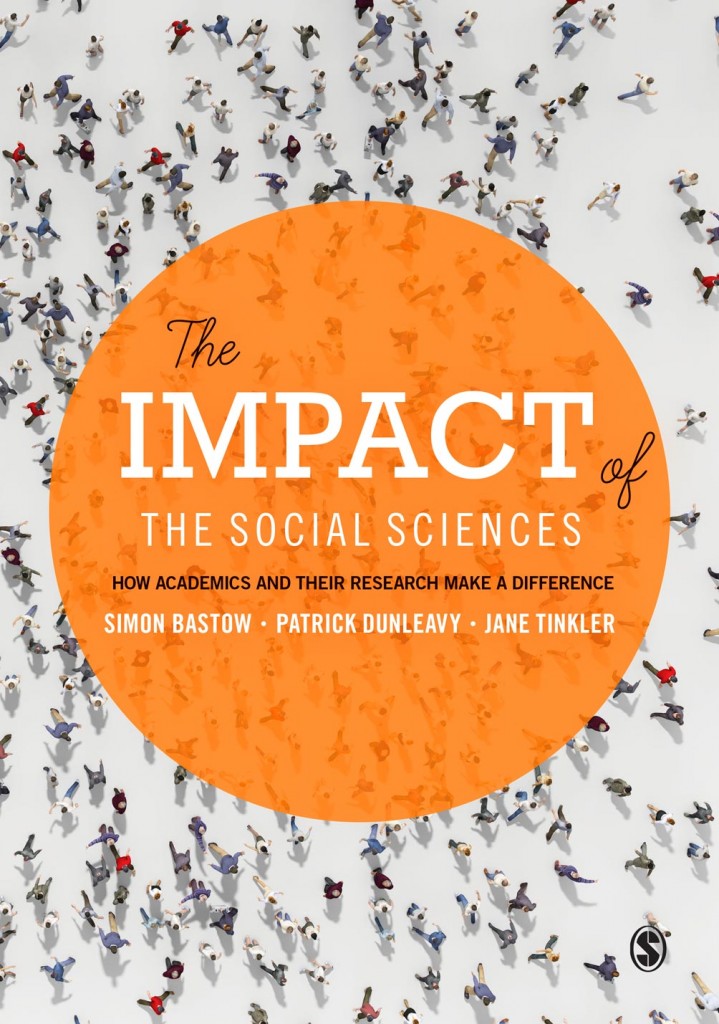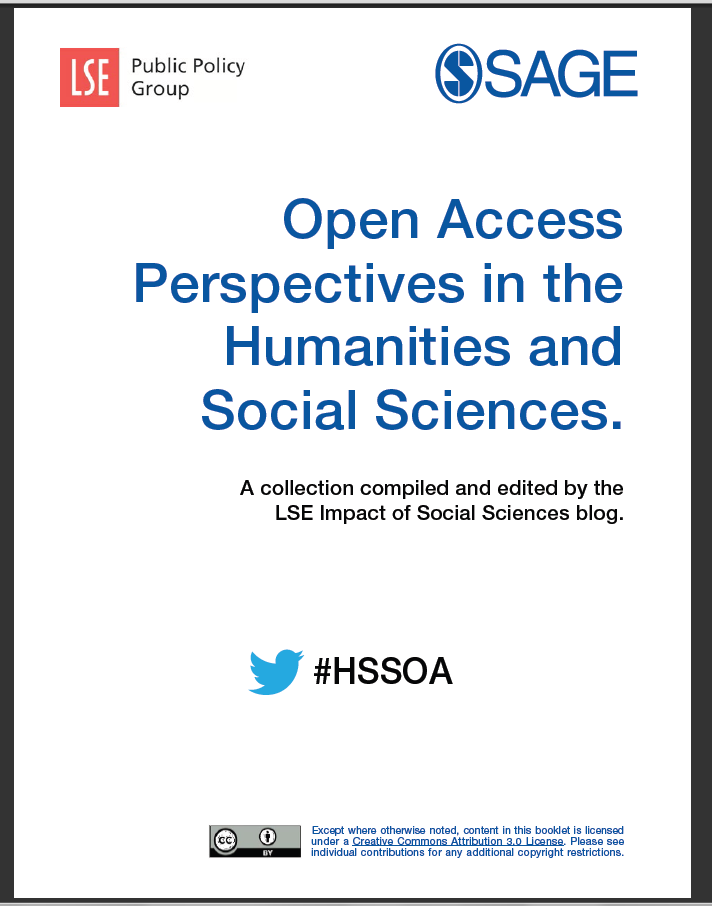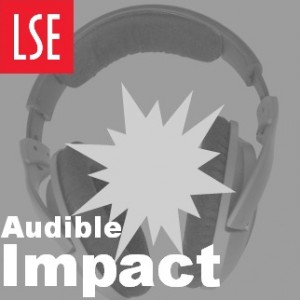
 In contrast with the type of openness encouraged by Open Education Resources and Open Courseware labels, the openness of Massive Open Online Courses (MOOCs) is severely limited. Consequently, Leo Havemann and Javiera Atenas find the recent growth of high quality online learning content is not able to be used to its full advantage. The process of opening up MOOC resources would add value to the resources by reaching a wider community. But most importantly, HE institutions currently investing in MOOCs could demonstrate, beyond reasonable doubt, their real commitment to openness and improved access to education for all.
In contrast with the type of openness encouraged by Open Education Resources and Open Courseware labels, the openness of Massive Open Online Courses (MOOCs) is severely limited. Consequently, Leo Havemann and Javiera Atenas find the recent growth of high quality online learning content is not able to be used to its full advantage. The process of opening up MOOC resources would add value to the resources by reaching a wider community. But most importantly, HE institutions currently investing in MOOCs could demonstrate, beyond reasonable doubt, their real commitment to openness and improved access to education for all.
In 2013, MOOCs (Massive Open Online Courses) suddenly gained a degree of notoriety, even outside the higher education sector. While the initial hype is dying down, MOOCs continue to grow in number and represent a significant new form of public engagement for universities. With the launch of the Open University’s FutureLearn platform back in September, many more UK institutions have joined a European charge into this previously US-dominated space. So, why should MOOCs open up? Are they not, by definition, open? Well, yes, maybe, and sort of.
At the risk of stating the obvious: online learning is not in itself very new, but MOOCs differ from traditional online distance learning courses in the sense that they offer open enrolment, free of charge (and therefore, often grow to ‘massive’ proportions). As such, they represent an exciting development in HE, appearing to promise a newfound equality of access to high quality content from top universities. But equal access does not necessarily translate into equal achievement. Early MOOC research has found that participants who are already university educated and digitally literate are, unsurprisingly, best placed to benefit. For many students, and especially those starting out in HE, a classroom-based or blended learning experience represents a more manageable and supported path towards a qualification.Although MOOCs can be considered a new strand of the wider Open Education movement, they may reflect a quite different form of openness than this label sometimes implies. For advocates of Open Educational Resources (OER), resources which have been developed in public institutions should be made available to the general public, especially with a view to their unrestricted use and repurposing by educators around the globe.
Since 2002 UNESCO has argued for a global ‘free trade’ in educational resources which should have been licensed under the Creative Commons framework, explicitly permitting educators to perform the four Rs: Reuse, Revise, Remix and Redistribute. OER are often conceived of as single units of content, which can be made available through repositories such as Jorum, but they can also be packaged up in the form of whole courses (or, to make an important distinction, as ‘courseware’, which does not imply that any teaching is included). Launched in 2002, MIT’s Open CourseWare (OCW) allows open access to the resources indefinitely, as well as unrestricted downloading of the learning materials. In the OCW model, the materials can typically be downloaded individually or as a package, providing educators and students with a range of options for reuse.
In contrast with the type of openness implied by the OER and OCW labels, the openness of MOOCs (especially those offered by elite institutions on high-profile commercial platforms) appears to be mainly of enrolment. Access to the content is usually for the duration of the course only, and restricted to registered participants. Also, in many MOOCs, the content by default is copyrighted (‘all rights reserved’) rather than openly licensed, closing off the possibility of reuse without previous agreement of the intellectual rights holder. One platform’s terms states that participants are prohibited from reproducing, copying, selling, or explaining the content of courses, which may only be download content for non-commercial purposes and personal use. It is difficult to say whether institutions sign up to these terms because they are considering how they might one day recoup their investment in course development, or whether these unnecessarily restrictive terms and conditions (apparently covering all available courses) are simply imposed by the platform providers – but the consequence is that this high quality online learning content is not able to be used to its full advantage.
For this reason we consider it would be interesting for MOOC developers to ‘open up’ the materials they produce, and – perhaps after the initial run of the actual MOOC – place the content in open repositories for retrieval and reuse by the scholarly community. In order for this to happen, such content could be openly licensed, certainly requiring attribution, but perhaps, for example, permitting the creation of derivative works, while mandating that the original or adapted versions are ‘shared-alike’ (thereby preventing commercial publishers profiting from their resale without agreement and payment for their use).
In practical terms, it would be simple for MOOC resources to be uploaded to an OER repository, either individually or as a package. Alternatively, entire MOOCs could be converted into OCW once the course has finished, and made available for download, either through OER repositories or even via the host MOOC platform itself. The process of opening up MOOC resources will add value to the resources by reaching a wider community, and promote the authors and institutions which provided the MOOC. But most importantly, in this way, HE institutions currently investing in MOOCs could demonstrate, beyond reasonable doubt, their real commitment to openness and improved access to education for all.
Note: This article gives the views of the author, and not the position of the Impact of Social Science blog, nor of the London School of Economics. Please review our Comments Policy if you have any concerns on posting a comment below.
Leo Havemann is a learning technologist at Birkbeck, University of London, and previously has been an HE tutor in communication, media, cultural and literary studies, an FE college librarian, and an IT support analyst. He is interested in academic practice and engagement with technology, open education, and literacies for learning.
Javiera Atenas
Is a teaching and learning technologist at UCL’s Department of Science, Technology, Engineering and Public Policy (UCL STEaPP) and PhD candidate at the Universitat de Barcelona. Her research focuses on quality assurance for open education.

















We (UoL) made our Coursera MOOC (https://coursera.org/course/engcomlaw) available openly (http://lawsfolio.londoninternational.ac.uk/eclmooc) (CC-BY-NC-SA)
At OpenEd13, Andrew Ng (one of the founders of Coursera) said he didn’t believe institutions wanted to CC license their materials as it would have affected their sustainability
Pingback: MOOCs must move beyond open enrolment and demon...
Pingback: MOOCs must move beyond open enrolment and demon...